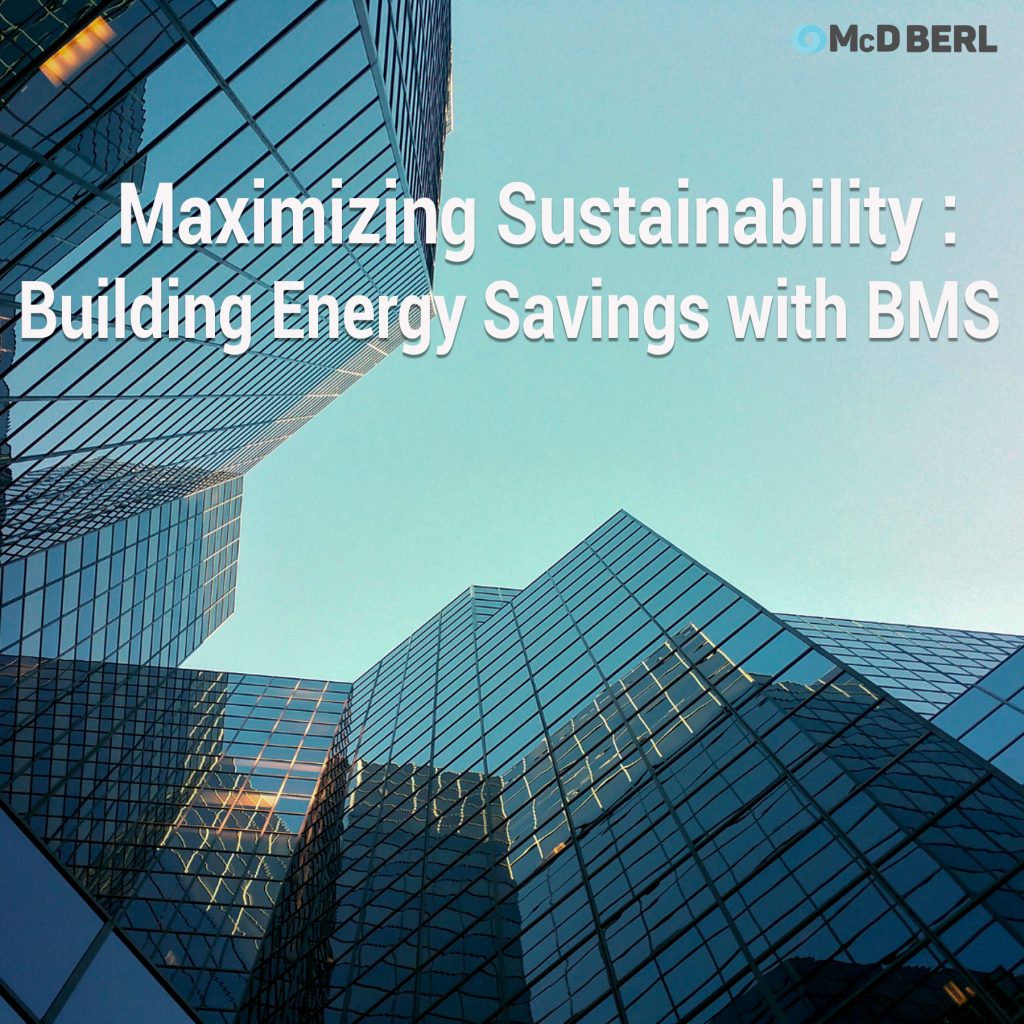Maximizing Sustainability: Building Energy Savings with BMS
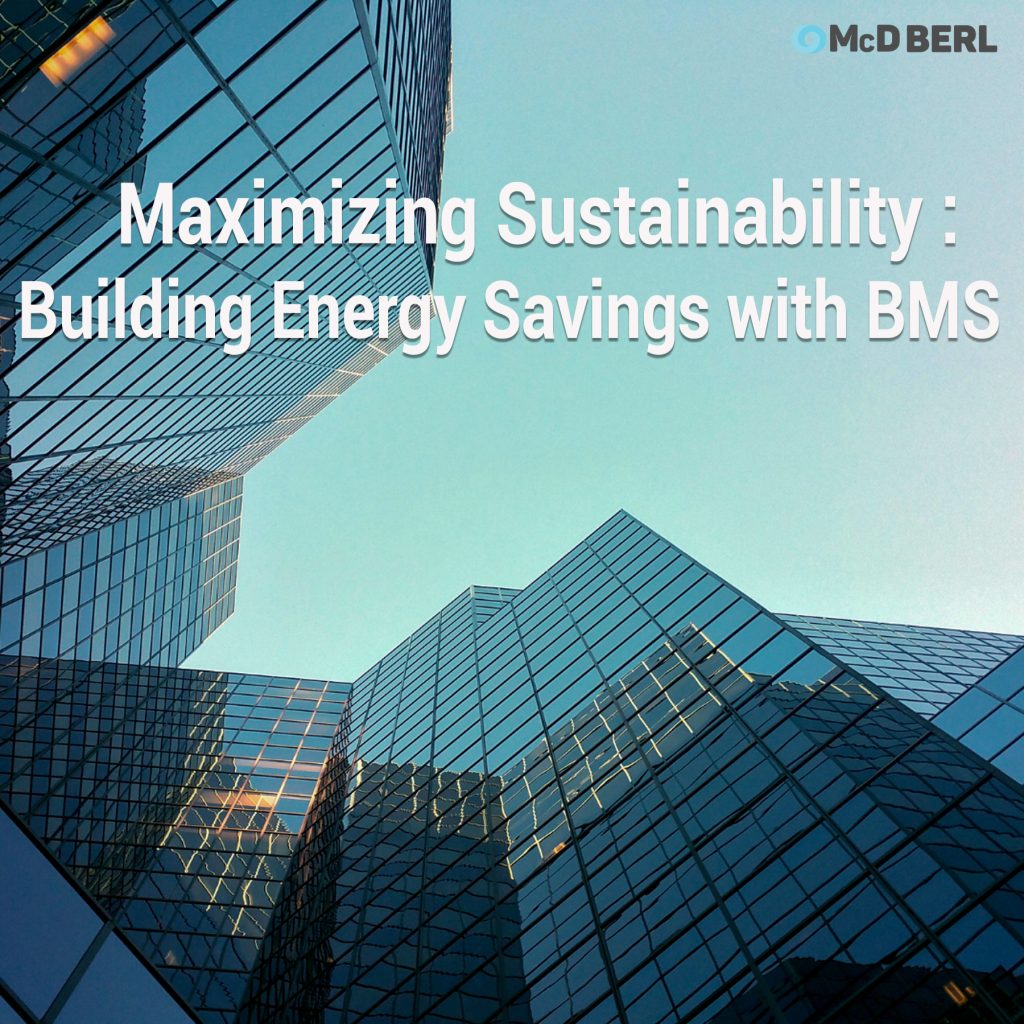
As the complexity and energy efficiency of buildings continue to rise, effectively managing and optimizing their performance becomes a more intricate task. Thankfully, there exists a solution to aid in this endeavour: the Building Management System (BMS).
A Building Management System, also known as a Building Automation System (BAS), is a computer-based control system that manages and monitors various building functions, including heating, ventilation, air conditioning (HVAC), lighting, security, and other systems. BMS is designed to optimize the operation of these systems for energy efficiency, occupant comfort, and building safety.
Importance of BMS?
Air conditioning and Lighting accounts for more than 40% of energy consumption in the buildings having optimized BMS system is more effective in controlling these energies.
In buildings the cost for units of consumption is beyond 13 Rs/Sqft of the billable area and hence it is important to monitor the consumptions so that it can be analysed for improvements.
To understand the consumption trend and analyse them so that the operation system, demand pattern and the analytics with which the systems operate can be optimised to reduce or improve the Load.
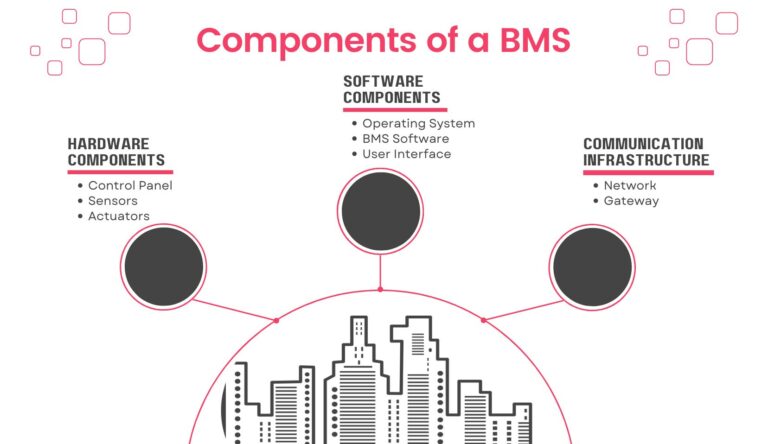
Core Functions of a BMS
Monitoring and Control: The BMS constantly monitors the building’s various systems, such as HVAC, lighting, and power. Based on the data it collects, it can make automatic adjustments to optimize performance and efficiency.
Data Collection and Analysis: It collects a vast amount of data from sensors and control units throughout the building. This data is crucial for analysis, helping to identify trends, inefficiencies, and areas for improvement.
Energy Management: A key role of a BMS is to manage and reduce energy consumption. It does this by optimizing the operation of heating, cooling, and lighting systems based on occupancy, time of day, and other parameters.
Safety and Security: BMS systems are integrated with fire alarm systems, access control, and surveillance to enhance the safety and security of the building. They can automate responses in emergencies, like controlling fire doors and directing evacuations.
Comfort Optimization: By regulating temperature, air quality, and lighting, a BMS ensures that the building environment remains comfortable and conducive to the occupants’ needs.
Value Proposition
Energy Savings: Energy efficiency savings of about 5%-10% of utility bill, with payback time designed to be less than 5 years.
Visibility Of Portfolio-Wide Operations: BEMSs offer simple dashboards to represent energy consumption across the building portfolio.
Reduces Downtime: BMS critical alarms detect if something is serious that needs attention before you experience downtime.
Predictive Analysis: BMS information from electromechanical equipments helps us to understand the predictive failure through predictive analysis.
Cost Efficiency: Reduces operational costs through energy savings and preventive maintenance.
Improved Occupant Experience: Automation enables precise control of temperature and air quality, improving occupant comfort in real time.
Long-Term Building Health: Prolongs the lifespan of building systems and infrastructure by ensuring they are operated optimally.
Environmental Impact: Helps in reducing the carbon footprint of the building.
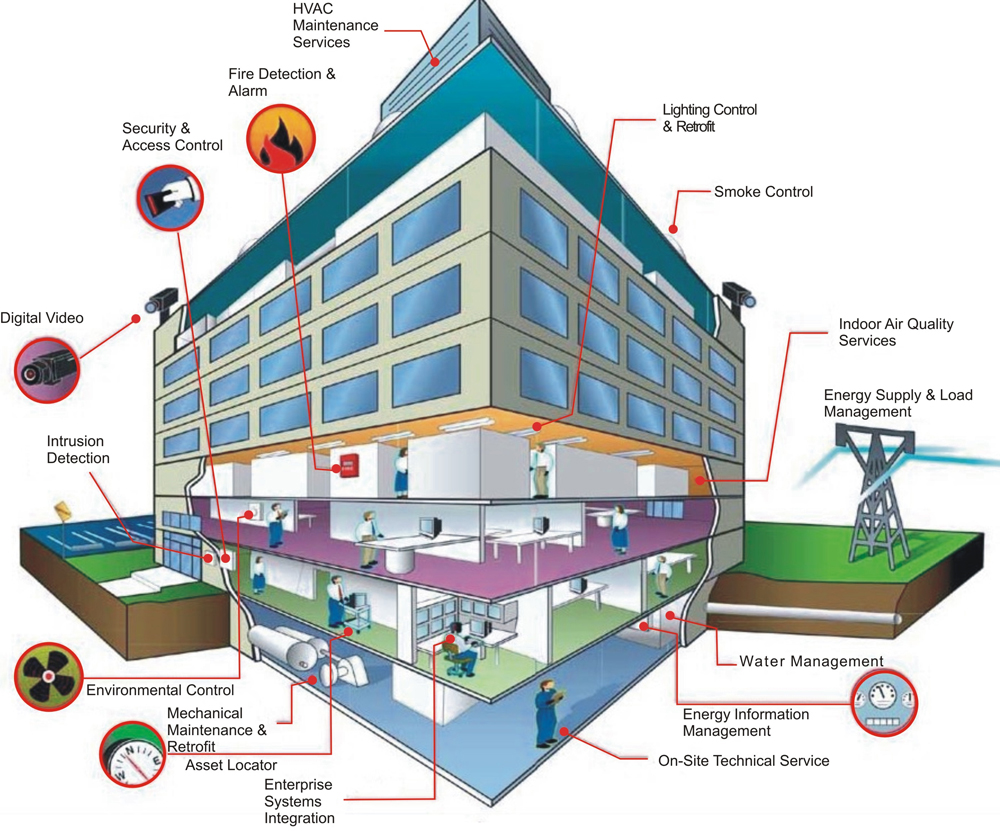
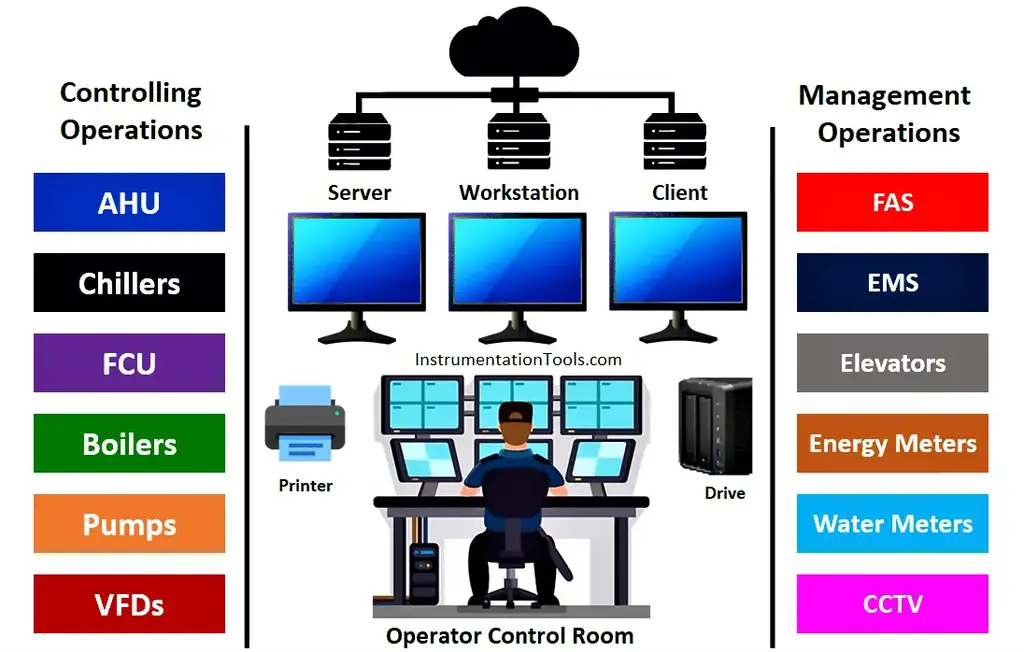
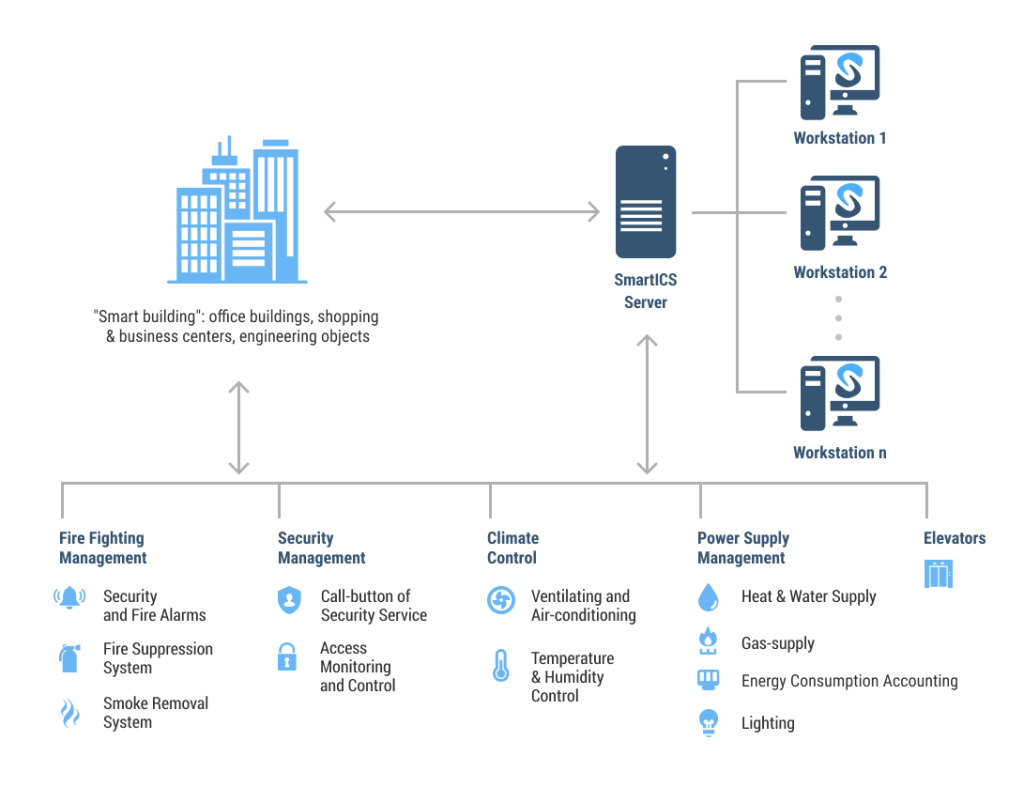
Cost and ROI
The investment cost for a BEMS is highly dependent on the purpose and functionality of the system.
- The cost assessment should consider costs for hardware, software, and for analysis and action (by internal and/or external staff).
- The approximate investment costs in hardware and software is about 20% to 40% of the annual energy bill of the site.
- ROI of a BMS is highly case specific and will be around 3 to 5 years.
Conclusion
In summary, Building Management Systems are not just a fleeting trend but a fundamental tool in modern building management, offering a blend of energy efficiency, operational excellence, and enhanced occupant well-being. As such, they are an indispensable investment for any commercial building seeking to stay competitive and sustainable in the evolving landscape of building management.
McD has a proven track record of delivering innovative solutions that optimize building management systems to enhance energy efficiency, reduce operational costs, and improve overall sustainability. With our expertise, we empower businesses to achieve smarter, more sustainable building environments

